Advice

Looking after skin in winter
In Advice
Bookmark
Record learning outcomes
As the weather gets chillier, our skin can become prone to a host of issues. Anjana Gosai asks the experts to share their advice on how to tackle common winter skin woes

Defeat dryness
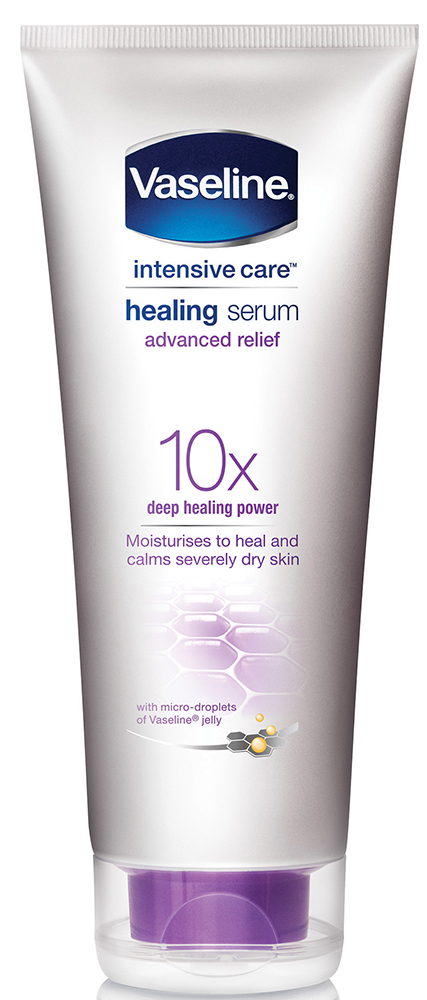 Plummeting temperatures and low humidity caused by over-heated homes leach moisture from the skin, leading to dryness.
Plummeting temperatures and low humidity caused by over-heated homes leach moisture from the skin, leading to dryness.
“Moisturise daily with rich body creams instead of lotions, as they hold more water,†says facialist Antonia Burrell. “Those containing humectants such as urea and glycerin help to trap moisture in the skin and keep it there. Creams should be applied right after a shower or bath, while the skin is still damp – this will help hold in moisture.â€
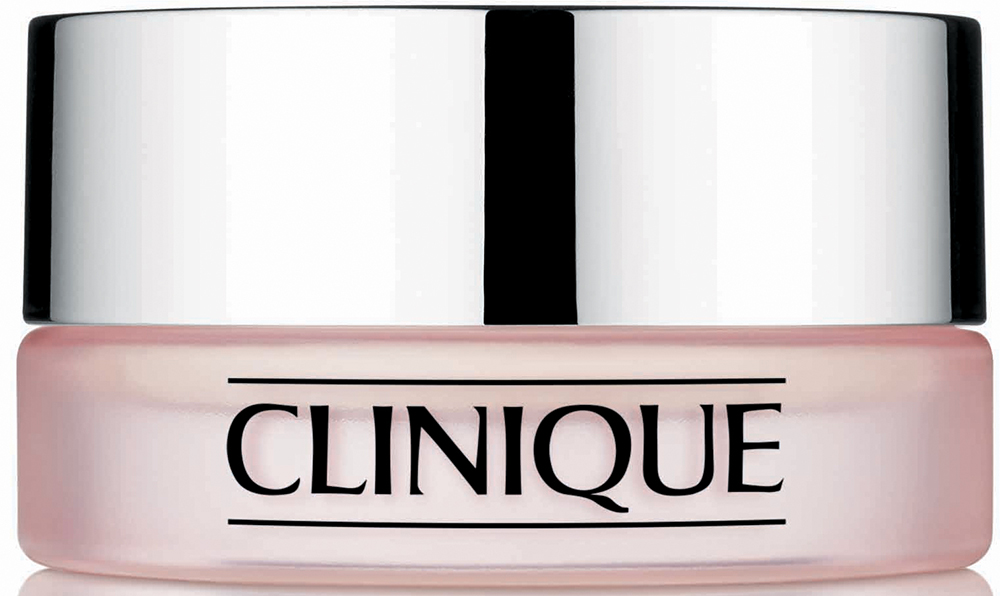 Suggest Vaseline Intensive Care Advanced Relief Healing Serum to heal and calm parched limbs. Its unique formula delivers a deep and concentrated moisturising experience, healing dry skin and leaving it smooth and silky. And for dry faces, recommend new Clinique Moisture Surge Melting Mask Balm. “For skin that needs extra nourishment, apply a face mask a few times a week and mix it with an oil for an additional moisture hit,†advises Burrell.
Suggest Vaseline Intensive Care Advanced Relief Healing Serum to heal and calm parched limbs. Its unique formula delivers a deep and concentrated moisturising experience, healing dry skin and leaving it smooth and silky. And for dry faces, recommend new Clinique Moisture Surge Melting Mask Balm. “For skin that needs extra nourishment, apply a face mask a few times a week and mix it with an oil for an additional moisture hit,†advises Burrell.
Â
“Creams should be applied right after a shower or bath, while the skin is still damp – this will help hold in moistureâ€
Facialist Antonia Burrell
Update that moisturiser
 “One of the most common complexion concerns during the winter months is dehydration, which can lead to dry and tight-feeling skin,†says celebrity facialist and Sanctuary Spa skincare expert Nichola Joss.
“One of the most common complexion concerns during the winter months is dehydration, which can lead to dry and tight-feeling skin,†says celebrity facialist and Sanctuary Spa skincare expert Nichola Joss.
Just like we change our wardrobe for the winter months, it’s important to do the same for our skincare, to ensure skin stays healthy and hydrated.
“Look for cream, balm or oil-based skincare formulas, which work to protect and deeply hydrate dry skin,†advises Joss. Serum fans will like Elemis Pro-Collagen Super Serum Elixir, which has a dry oil texture made with plumping peptides, plus nourishing hyaluronic acid and omega 3s.
A richer cleanser can also work wonders in the winter. New Trilogy Make-Up Be Gone Cleansing Balm contains a skin-soothing cocktail of mango, coconut, sunflower and rosehip oils to leave skin hydrated and supple.
Â
“Cream, balm or oil-based skincare formulas work to protect and deeply hydrate dry skinâ€
Sanctuary Spa skincare expert Nichola Joss
Â
Fight flakes
When the skin’s outer layer is damaged, it loses moisture and pliability, leading to flakiness.
“Eliminate flaky patches and dead skin on the face with gentle exfoliation – this can be carried out with a brush, scrub or fruit acids, depending on the person’s skin type,†says Joss. “Brushes and scrubs work to whisk away flakiness gently on all skin types, while fruit acid exfoliators, made with ingredients such as glycolic and salicylic acid, are better for spot-prone complexions.â€
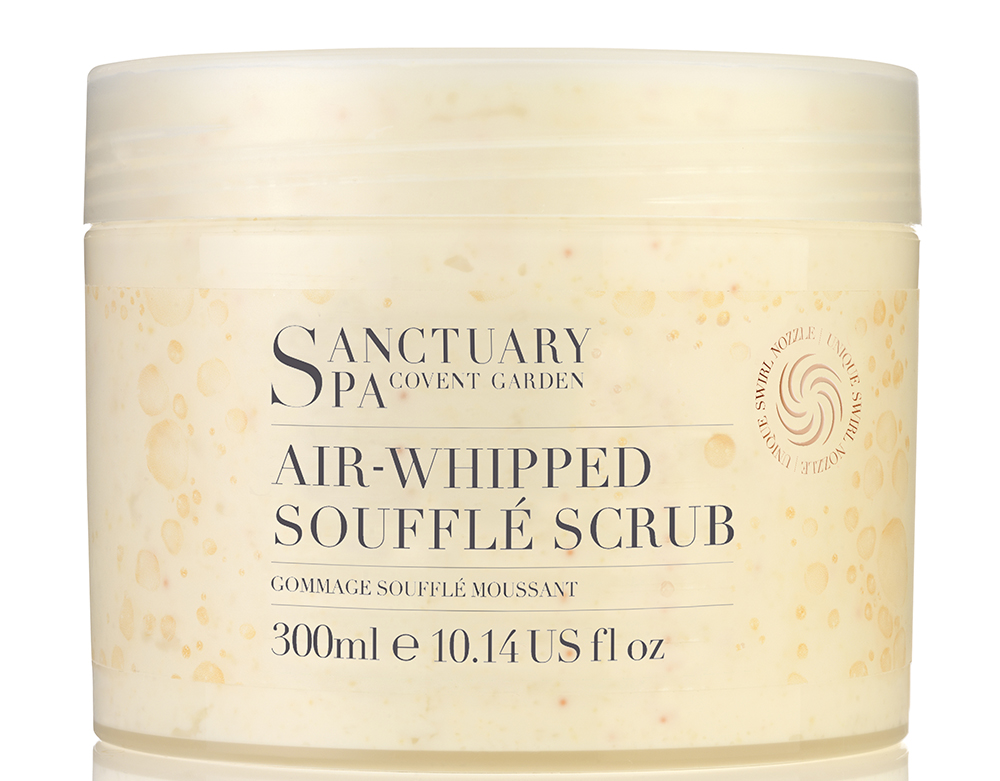 Recommend Indeed Labs Facial Powdered Exfoliator – the water-activated micro powder gently eliminates dry patches on the face. “It’s also worth nourishing and repairing skin with an oil,†advises Joss. “Use a few drops and gently, but deeply massage into skin using upwards, outwards strokes. This will address the flakes and also revitalise the skin.â€
Recommend Indeed Labs Facial Powdered Exfoliator – the water-activated micro powder gently eliminates dry patches on the face. “It’s also worth nourishing and repairing skin with an oil,†advises Joss. “Use a few drops and gently, but deeply massage into skin using upwards, outwards strokes. This will address the flakes and also revitalise the skin.â€
Kiehls Daily Reviving Concentrate is enriched with soothing ginger root, hydrating sunflower seed and moisture-locking tamanu oils. “On the body, use a scrub twice a week. Once the dead skin is cleared away, moisturisers are better able to penetrate,†says Joss. Flakes can be buffed away with the rice particle-filled Sanctuary Air Whipped Soufflé Scrub.
 Ease itchiness
Ease itchiness
Tight, itchy skin is a common issue during the winter months. The cold weather, low humidity and use of central heating combine to deplete the skin of its natural oils, leaving its top layer unprotected. “It’s important to protect the skin from drying out,†says Krista Carnegie, product manager at Palmer’s.
“Use creams or oils with rich moisturising ingredients like cocoa butter and vitamin E to help soften and hydrate.†Palmer’s Skin Therapy Oil Spray is formulated with pure cocoa butter and vitamin E to offer lasting hydration. “A humidifier is also a good investment,†says Carnegie. “These add moisture to the air and can help combat itchy skin.â€
Â
“Use creams or oils containing rich moisturising ingredients like cocoa butter and vitamin E to help soften and hydrateâ€
Palmer’s product manager Krista Carnegie
Soothe redness
“Moving from warm indoor environments to the chilly outdoors causes the capillaries to dilate and contract,†explains Shabir Daya, in-house pharmacist at Victoria Health. “The capillary walls eventually lose elasticity and trigger increased redness and sensitivity.â€
To counteract this, recommend creams that will help reduce redness and inflammation. Eucerin Hypersensitive Anti-Redness Soothing Care provides relief from burning and stinging sensations on the face.
For severe redness, your customer may need a one per cent hydrocortisone cream, which can be purchased over the counter. “If skin on the face or body is red or inflamed, it’s best to skip exfoliation since this can lead to inflammation, and use a mild, soap-free body wash designed for sensitive skin,†says Daya.
We like Aveeno Skin Relief Body Wash, which is loaded with colloidal oatmeal – known for its skin-soothing properties.
Don't toast toes
It can be so tempting to toast toes against the radiator after a spell in the cold, but this can lead to chilblains – a common and uncomfortable winter skin issue. Chilblains commonly occur in the toes, although they can also affect the fingers, nose and ears.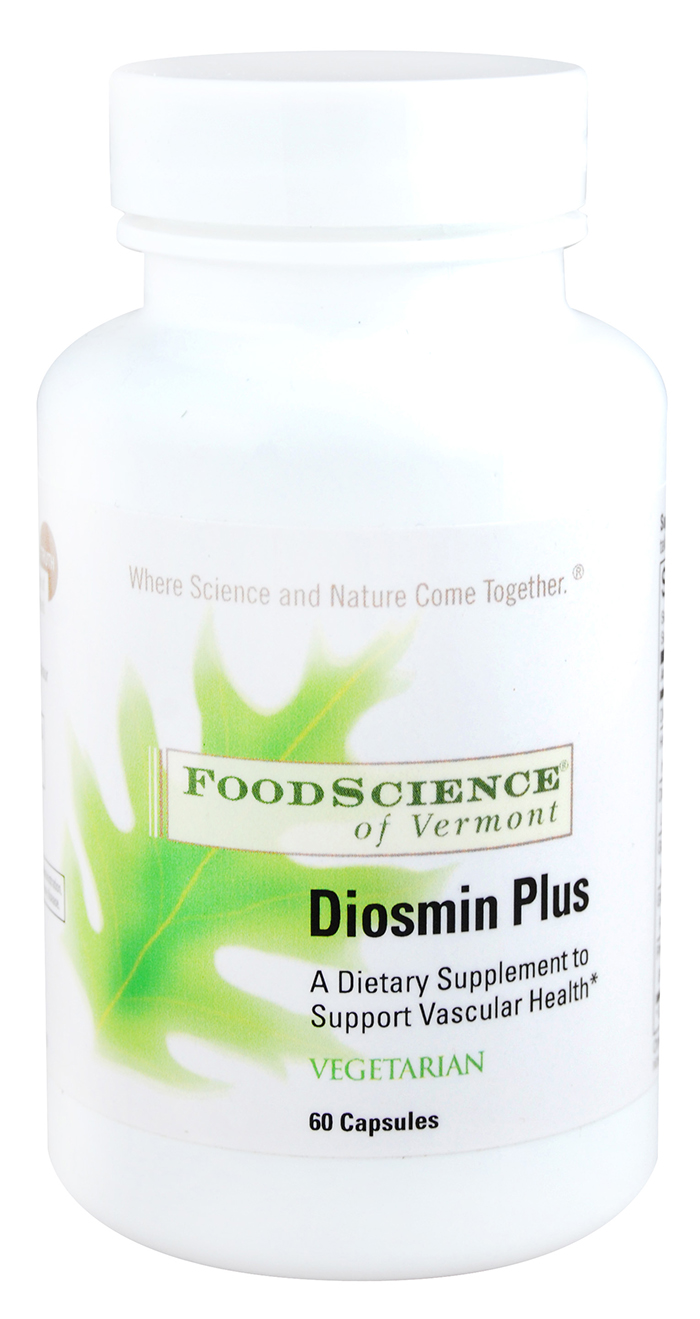
 “Also known as perniosis, these small red bumps can often be itchy and painful and are triggered by cold weather, which causes the capillaries to constrict,†explains Victoria Health’s Daya. “Then, when the area warms up again, the capillaries are not able to open up quickly, resulting in the stagnation of blood and all the waste products within it. These waste products that accumulate in the skin set off an inflammatory reaction that can be painful.â€
“Also known as perniosis, these small red bumps can often be itchy and painful and are triggered by cold weather, which causes the capillaries to constrict,†explains Victoria Health’s Daya. “Then, when the area warms up again, the capillaries are not able to open up quickly, resulting in the stagnation of blood and all the waste products within it. These waste products that accumulate in the skin set off an inflammatory reaction that can be painful.â€
Those with poor circulation and fragile capillaries are usually at risk. Daya recommends a circulationenhancing supplement like Food Science Diosmin Plus, which contains a blend of botanicals that help to maintain healthy blood flow and strengthen the capillaries. Painful or itchy chilblains can be relieved with Napiers Capsicum and Ginger Warming Cream.
Look after lips
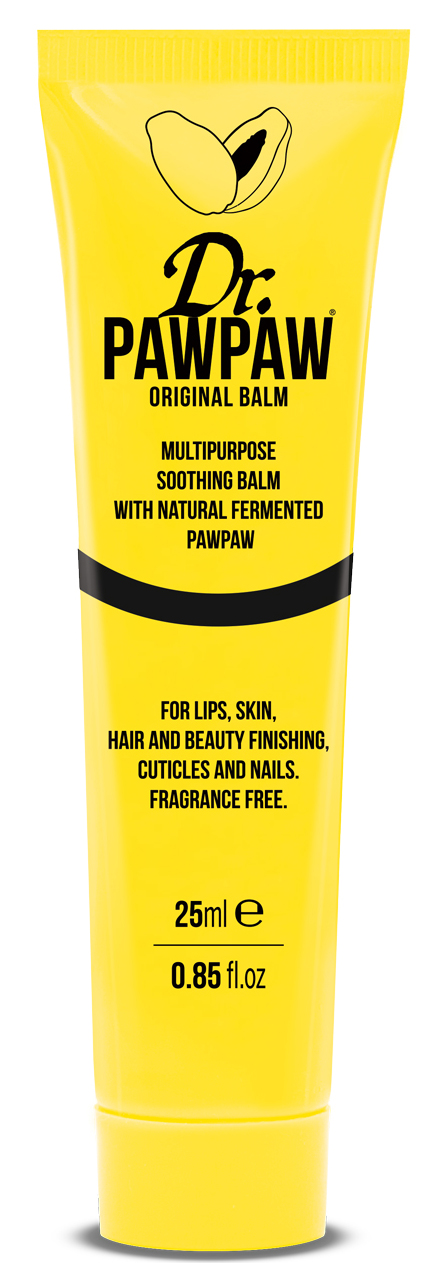 It’s common for the delicate skin on the lips to become dry and chapped during the winter. “Our lips don’t contain oil glands, so they are more susceptible to dryness and cracking,†explains Dr Anita Sturnham, GP and skincare expert at the Nuriss Clinic in London. “While it’s tempting to lick the lips to bring temporary relief, doing so will only dry them out further, as saliva removes their natural moisture.â€
It’s common for the delicate skin on the lips to become dry and chapped during the winter. “Our lips don’t contain oil glands, so they are more susceptible to dryness and cracking,†explains Dr Anita Sturnham, GP and skincare expert at the Nuriss Clinic in London. “While it’s tempting to lick the lips to bring temporary relief, doing so will only dry them out further, as saliva removes their natural moisture.â€
To provide relief, tell customers to keep a lip balm handy. “Balms rich in emollient properties such as beeswax can provide a protective barrier over the lips and seal in moisture,†says Dr Sturnham. “Be sure to pick one with an SPF to protect the lips from the winter sun and avoid balms that are over-fragranced, coloured or made with ingredients such as menthol and camphor, as these can irritate the lips further.†Dr. Paw Paw Original Balm is filled with olive and aloe vera oils plus hero ingredient fermented papaya to repair and moisturise.
Skip the long baths
It can be tempting to soak in a hot bath or take a long, steamy shower after time spent outdoors in the cold, but this can leave skin dry and dehydrated. “Hot water can feel soothing, but the high temperature is harsh on the skin,†explains Sturnham.
“It leads to the evaporation of water from the skin, so once you are out of the shower or bath, it will feel drier.†Sturnham recommends taking tepid showers and baths, for no longer than 10 minutes at a time. “Also steer clear of foaming products for cleansing because these can strip skin of its natural oils, breaking down its protective hydration barriers,†she warns.
Recommend fragrance-free soap substitutes that won’t strip the skin. E45 Wash Cream is a good option.
Â
“Steer clear of foaming products for cleansing as these can strip skin of its natural oils, breaking down its protective hydration barriersâ€
Dr Anita Sturnham, GP and skincare expert at the Nuriss Clinic, London
Heal those hands
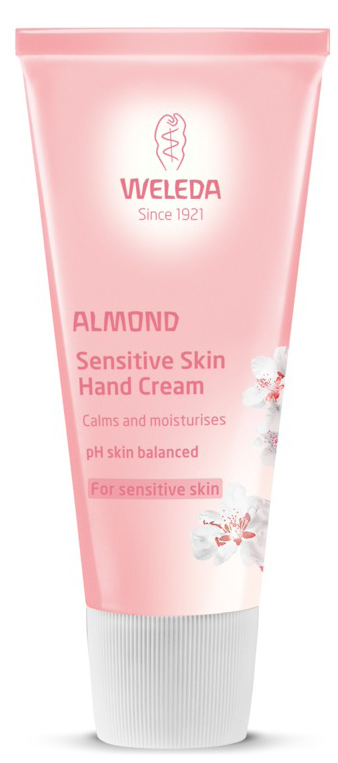 Constantly exposed to extremes in temperatures, our hands often bear the brunt of harsh winter weather, so it’s important to take care of them. “Keep hands warm and protected from the elements by wearing gloves when outdoors,†says Burrell. “Gloves made from cotton and wool are ideal, because these fabrics trap in heat and prevent moisture loss.â€
Constantly exposed to extremes in temperatures, our hands often bear the brunt of harsh winter weather, so it’s important to take care of them. “Keep hands warm and protected from the elements by wearing gloves when outdoors,†says Burrell. “Gloves made from cotton and wool are ideal, because these fabrics trap in heat and prevent moisture loss.â€
For hand washing, advise customers to pick gentle soaps that won’t strip away the skin’s natural oils. “Pick gentle cleansers that contain glycerin, which will keep skin on the hands nourished, then follow with a hand cream made with ingredients such as oils and lanolin to lock in moisture,†she adds. We like Tisserand Rose Blend Gentle Hand Wash because it has a soap-free formula with soothing aloe vera, and Weleda Almond Sensitive Skin Hand Cream, which is fast-absorbing and provides lasting moisture.
Boost hydration from the inside
While products applied to the skin can help to prevent and treat winter skin conditions such as dryness and itchiness, it’s also important to boost the body’s defences from the inside.
“It’s important to make sure you have enough essential fatty acids such as omega-3, 6 and 9 in your diet – these help produce the skin’s natural oil barrier, while omega-7, which is hard to find through dietary sources, is particularly useful for maintaining the lipid levels in the skin and thus alleviating dry skin concerns,†says Victoria Health pharmacist Daya.
He recommends a supplement such as Pharmanord Omega 7 Sea Buckthorn Oil. “Those who suffer from seasonal dry skin should take these a month before the cold weather kicks in,†he suggests. “Increasing dietary intake of oily fish, seeds and nuts is also wise – as these high sources of omega-3s help to maintain the skin’s natural oils. Also aim to drink eight to 10 glasses of water a day – more if you are exercising.â€
“Omega-7 is particularly useful for maintaining the lipid levels in the skin and thus alleviating dry skin concernsâ€
Shabir Daya, in-house pharmacist at Victoria Health
